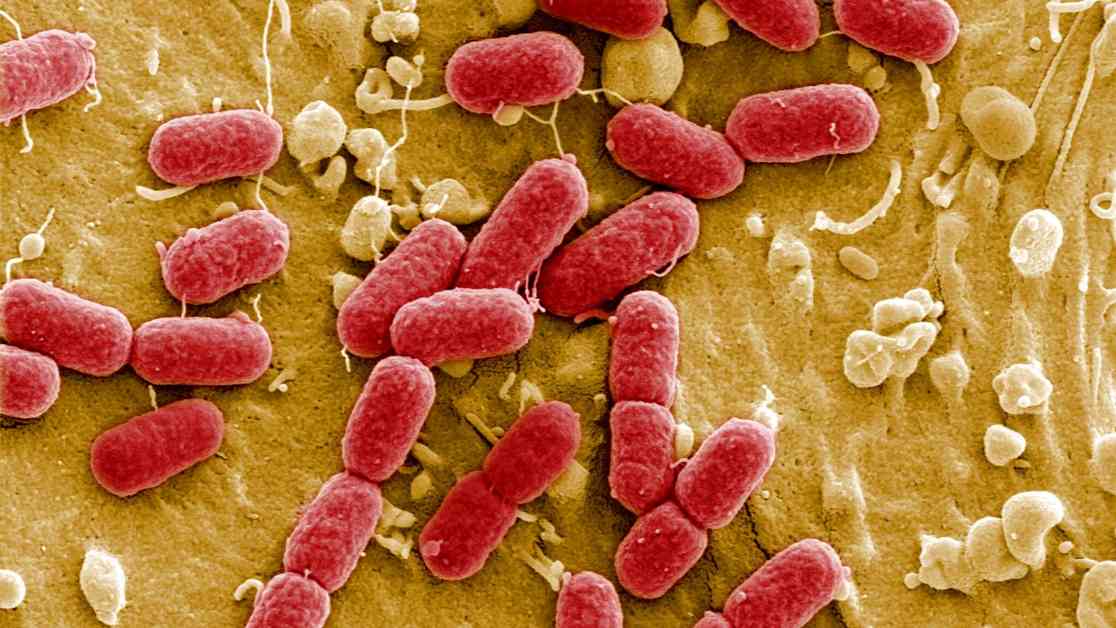Scientists Warn Against Synthetic ‘Mirror’ Bacteria Creation
In a groundbreaking development, a group of 38 scientists from nine countries has raised a red flag against the creation of synthetic bacteria known as mirror bacteria. According to these experts, the development of mirror bacteria, life forms with biological molecules in shapes opposite to those found in nature, could lead to catastrophic consequences for humanity. While this research is still in its early stages and could take a decade to materialize, the potential risks associated with mirror bacteria are too significant to ignore.
The Threat of Mirror Bacteria
The scientists highlighted that mirror bacteria could pose unprecedented risks by evading immune mechanisms, potentially causing lethal infections in humans, animals, and plants. Moreover, there is a concern that mirror bacteria could act as invasive species across various ecosystems, leading to widespread infections in a substantial number of plant and animal species, including humans. Even a mirror bacterium with a limited ability to invade ecosystems could result in irreversible harm, making it a pressing issue that requires immediate attention.
Expert Insight and Recommendations
Professor Patrick Cai from The University of Manchester, an expert in synthetic genomics and biosecurity, emphasized the importance of preemptively addressing the risks associated with mirror bacteria. While these organisms are still theoretical and not yet a reality, the potential threats they pose demand careful consideration. By raising awareness about the dangers of mirror bacteria, the scientific community aims to guide research towards prioritizing safety for humans, animals, and the environment.
Jack Szostak, a Nobel Prize-winning chemist at the University of Chicago and co-author of the study, echoed the scientists’ concerns, warning that the release of robust mirror bacteria into the wild could result in catastrophic and irreversible damage. The magnitude of this threat surpasses any challenges faced before and exceeds our capacity to mitigate the consequences.
In conclusion, the call to halt the creation of mirror bacteria is a crucial step in safeguarding the future of humanity and preserving the delicate balance of ecosystems worldwide. The risks associated with this endeavor far outweigh the potential scientific benefits, prompting a collective effort to prevent a scenario that could have devastating implications for life on Earth. As we navigate the complexities of synthetic biology, it is essential to prioritize caution and responsibility in shaping the course of scientific exploration.




